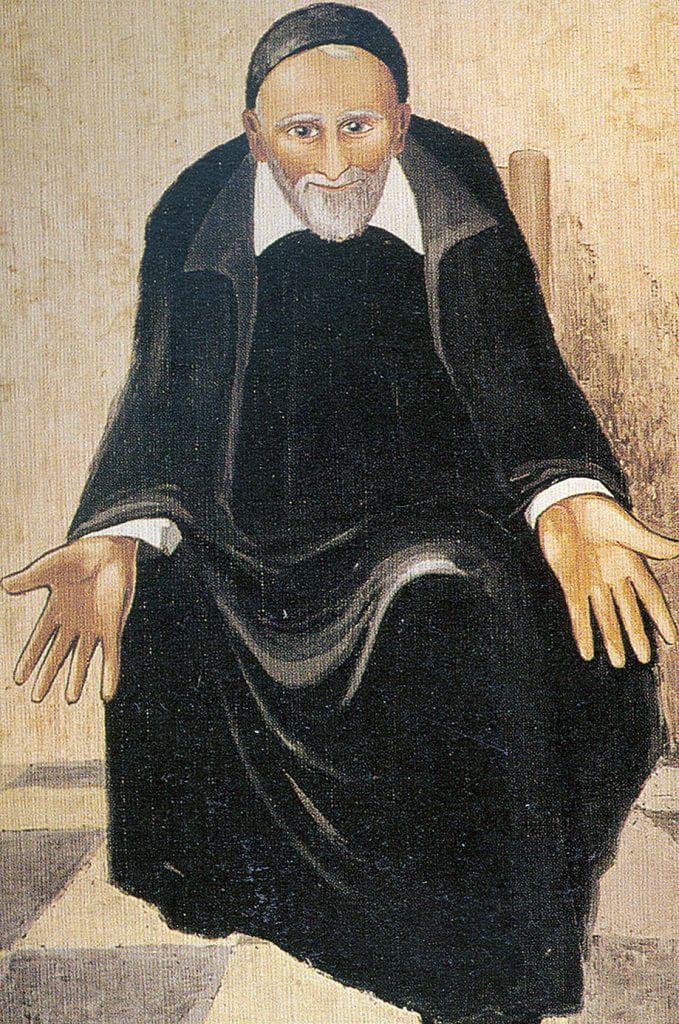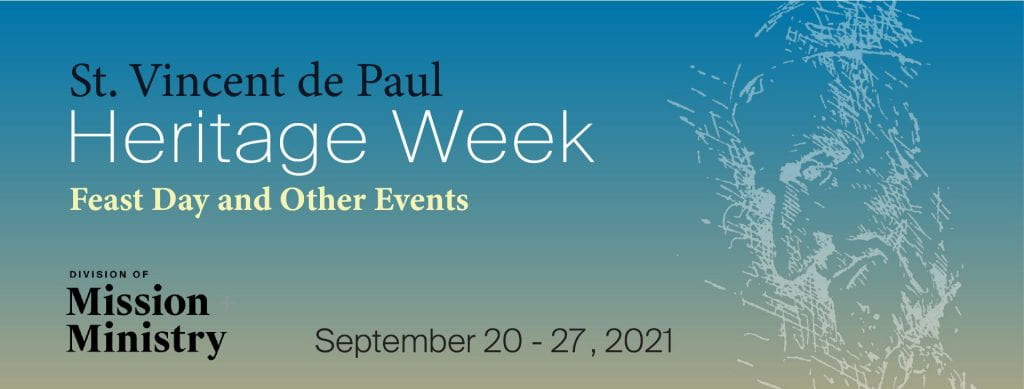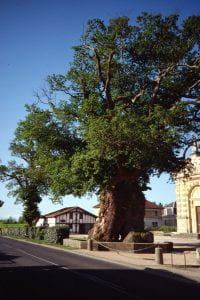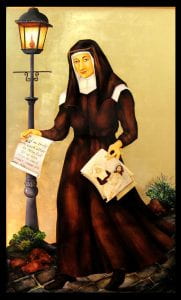
Today we celebrate the feast day of St. Vincent de Paul from whom we derive our name, vision, mission, and identity.
St. Vincent was a visionary. He understood the realities of his time and saw new possibilities for his world within the massive socio-economic and religious chaos of 17th century French society. As he searched for meaning and direction in his own life, he found purpose and direction that always guided his vision and extraordinary pragmatism.
The practical ways of St. Vincent de Paul focused entirely on societal and church transformation by establishing communities dedicated to serving and healing those most in need. The work of St. Vincent de Paul, of some 400 years ago, focused on a new, transformed society, and this should resonate with us today, as we try to respond to our current and chaotic times.
Designing DePaul, our opportunity to shape our own society, allows us to be in touch with the inner soul of DePaul University. During this time of institutional conversation, we acknowledge the values in which we are founded and our collective dreams. We commit to being an educational institution that contributes to social mobility, breaking the cycle of poverty, designing for equity, responding to the challenges of artificial intelligence and technological development, caring for and protecting our planet, and educating leaders capable of generating a societal model where hate and violence have no place.
As you carry out your work, research, and studies this year, please consider the following four elements, which summarize the essence of St. Vincent de Paul as we embrace his heritage today:
- Focus on a mission-centered horizon. This necessitates understanding your unique contributions to DePaul, firmly grasping the realities of the current situation and institutional needs, and yet also dreaming of what could be and leveraging ethical imagination to move beyond the world we know to what it could become.
- Create people-centered approaches to all you do as we drive forward the initiatives within Designing DePaul. The wellbeing, the joy, and the fulfillment of individuals in a healthy environment will organically lead to a vibrant organization and better outcomes for those we serve.
- Amplify a sense of co-responsibility, solidarity, and collaboration at all levels as the goals of St. Vincent de Paul. Our individual work and studies are all a part of an institutional fabric. They are interconnected in explicit and implicit ways because we all serve the same purpose, the same common good, and the same mission.
- Develop strategies that are implementation-oriented, that respond effectively to real issues based on lived experience, and that systemically address solutions following the model of St. Vincent and the very spirit of our students. At DePaul our students demand that we not only ask the Vincentian question of “what must be done?” but that we also develop our response by understanding the current situation and data-based needs, by adopting a willingness to innovate and break out of old ways of thinking, and by changing our assumptions as we get new information.
And as we say, “Happy Feast Day,” let us also embrace the spirit of St. Vincent in everything we do, and also say to each other, “DePaul – be pragmatic, in a Vincentian way.”
Robert L. Manuel
President
Fr. Guillermo (Memo) Campuzano, C.M.
Vice President for Mission and Ministry




